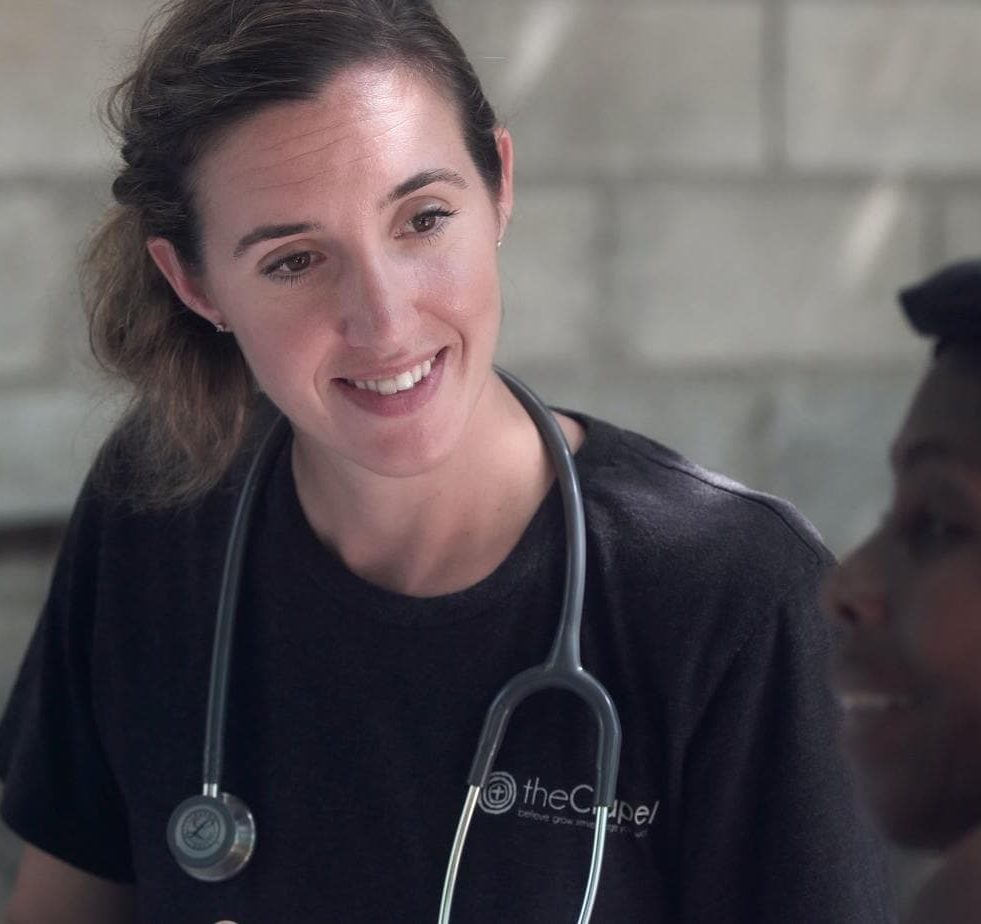The cervix acts as a doorway to the uterus and that is responsible for keeping unhealthy things outside of your body. Everyone’s cervix is slightly different.
What Happens During Your Smear Test?
So first things first – the nurse or doctor carrying out the test doesn’t care if you’ve waxed or shaved and doesn’t care one jot if your knickers are fancy or plain. For them, it’s all important work.
With every test they carry out, they are potentially saving lives. We absolutely promise you that if you see them in Tesco a few days later, they won’t remember what your vagina looks like or whatever shape you trimmed your pubic hair. So, please don’t let worries of this kind stop you from accessing your vital healthcare!
Let’s walk you through the test itself.
You enter the clinic room, take your bottom halves off, get on to the couch, cover yourself the best you can with a bit of blue paper and ‘assume the position’. This might be feet together, knees bent and apart, or you might be asked to pop your legs into some stirrups attached to the bed.
If you’re the type of person that feels better if they practice these things upfront, to be as prepared as possible, get your partner/s in on the action. Entertain yourselves with a brand new legs akimbo sex position, and with hands, mouths, fingers and thumbs, your exploration can last as long as you want and be as thorough and as naughty as possible. Nobody said practising couldn’t be fun.
Your actual Pap test will be far more professional and straightforward, and will be over in practically the blink of an eye.
Now the next bit is the most important—the more relaxed you are, the more comfortable it will be.
So breathe.
Every time you breathe out, you are able to relax your muscles and your body.
The doctor or nurse will insert a plastic speculum in (think of a duck beak – a little Pap smear duck beak) to open the vagina, and then a little brush is used to get the cells from the cervix. Some people experience a slight scratching, some people feel a light tickle, and others don’t feel anything at all. It shouldn’t be painful to have your smear test – if it is, speak to the person carrying out the procedure and they should be able to try a few things to make it more comfortable for you.
And that’s it! And now it’s complete, they send your sample off, and you wait for your results.
1 In 20 Tests Uncover Some Element Of Change
1 in 20 people who have a smear test will return a result that says there are changes to the cervix.
Any such changes NEED checking. Changes can mean cell growth, cell development, or abnormal cells appearing. The whole point of a smear test is to try and catch any issue before it develops. Early treatment is everything. Cell growth doesn’t always mean cancer, either. It just means there’s some kind of change.
This is your opportunity to take control of your body. Get the checks you are entitled to. They could potentially save your life.
If you book yours and get a friend to book theirs too, and that friend then makes one of their friends book too, you might actually save a life. That’s a pretty awesome thing to do, just through inspiring and encouraging, and then laying back and taking a deep breath.
Cervical cancer is real. Its most common in sexually active women aged 30–45 years old, but it can affect ANYONE.
When Should You Book Your Pap Smear Test?
Getting your Pap smear timing right isn’t essential as you can have a screening at any stage during your menstrual cycle. However, the best time is around 5 days after your period.
So, don’t just sit there; book your test for the middle of your cycle. Make your friend, your sister, your mum, or a fellow Kitten book one too. Everyone over the age of 25 is eligible.
Take control of your sexual health today, and if you have any concerns, your GP or sexual health practitioner should be able to talk you through things.

Written by the Killing Kittens team.

